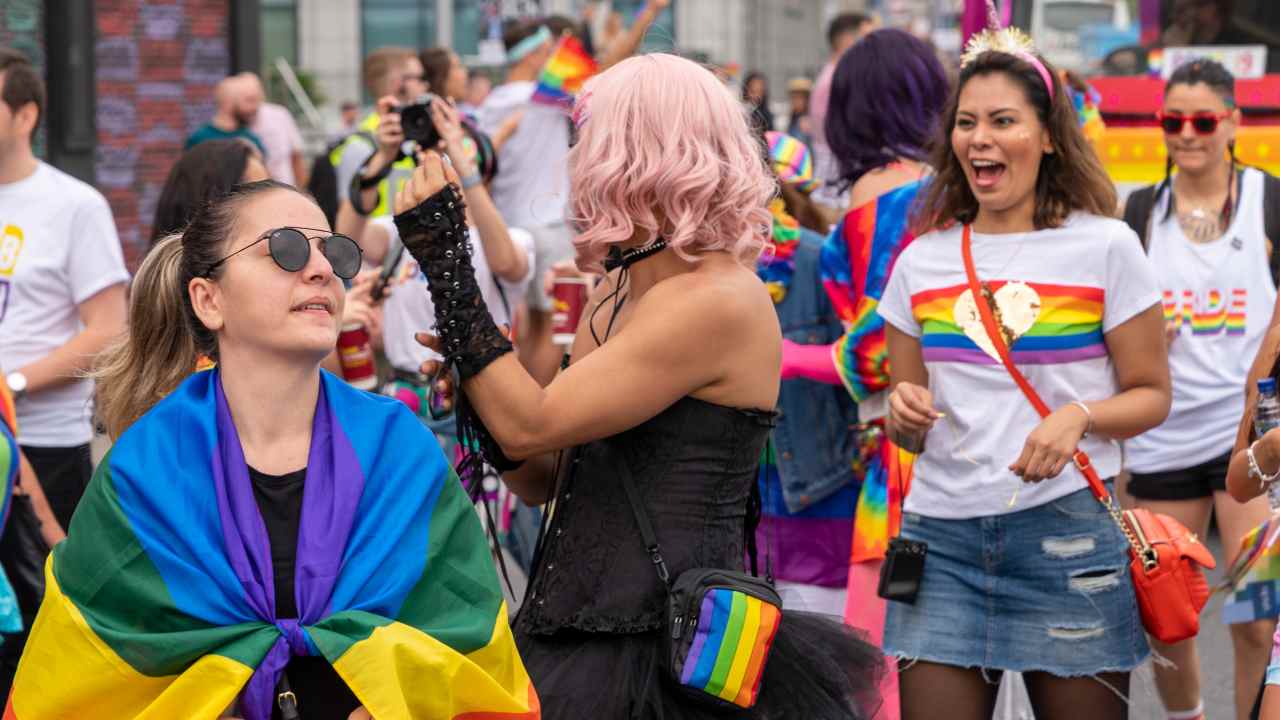UN independent expert on sexual orientation and gender identity, Victor Madrigal-Borloz has highlighted the dramatic situation of lesbian, gay, bisexual, trans and intersex (LGBTI+) people in Ukraine. According to him, they are particularly vulnerable to acts of stigmatisation, discrimination, harassment and violence during the conflict.
The Costa Rican expert recalls that the protection of LGBTQ+ people is a human rights imperative, which must be respected by both civilian population and armed combatants.
While more than 14 million Ukrainian citizens have had to flee their homes since the beginning of the invasion of Ukraine by the Russian Army on February 24, he warns against the discrimination suffered by LGBTQ+ people.
“Thousands or even hundreds of thousands of LGBTQ+ people are displaced,” said Madrigal-Borloz. They face additional difficulties because of their sexual orientation or gender identity and specific risks of persecution, he added.
“I get a lot of reports that LGBTQ+ people are being denied humanitarian assistance in Ukraine,” said the independent expert. According to him, aid is sometimes managed by the community or religious leaders, who do not recognise the diversity of sexual orientations or gender identities. They would, therefore, apply discriminatory treatment, refusing access to medical care, food rations, hygiene items or accommodation centres.
This is extremely problematic, as this discrimination endangers the lives of the citizens concerned. “The only organisation that maintains a shelter for LGBTQ+ people on the move in Ukraine only manages 16 beds… while Ukraine has a population of more than 40 million people,” said Madrigal-Borloz, pointing at the imbalance of resources allocated to the community.
Other obstacles add up for those trying to flee the conflict. LGBTQ+ refugees or displaced persons may face difficulty leaving their country, as their identity documents often do not correspond to their gender or physical appearance. It is also difficult for them to evacuate civilian enclaves through humanitarian corridors, or to obtain medical exemptions from compulsory military service reserved for men. This further increases the risks to their safety and makes them even more vulnerable to exploitation, abuse or human trafficking.


























